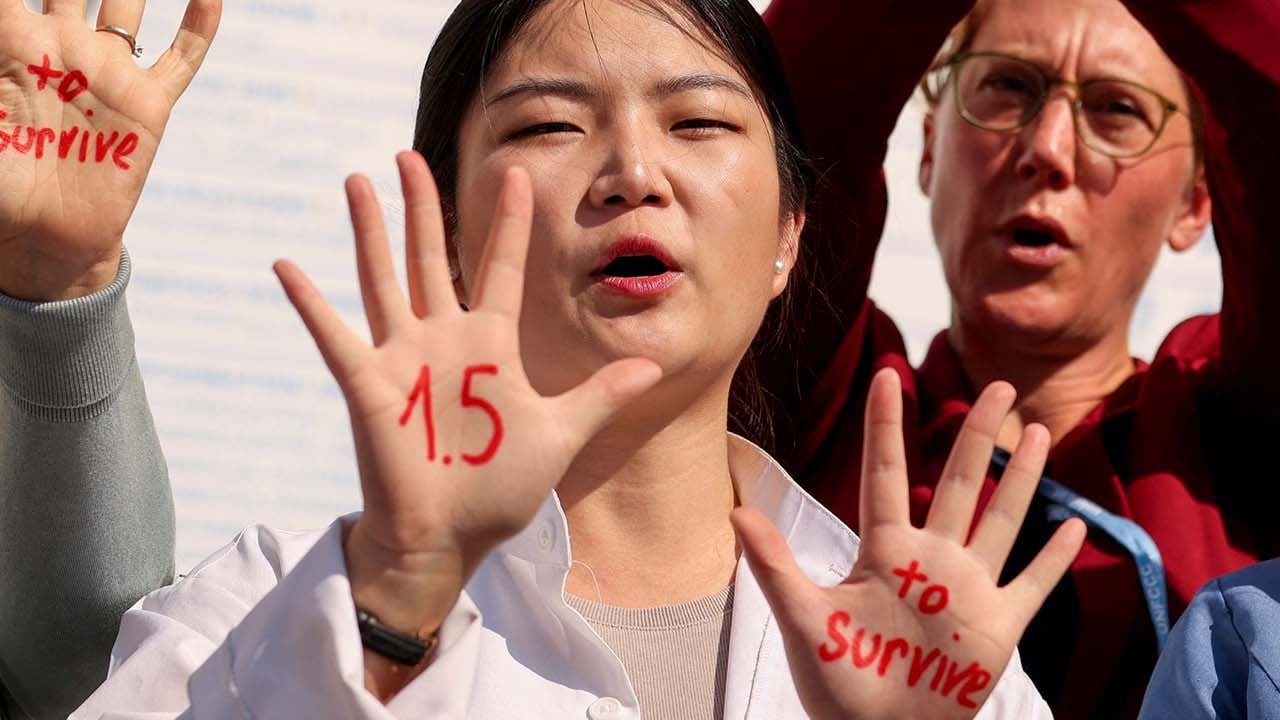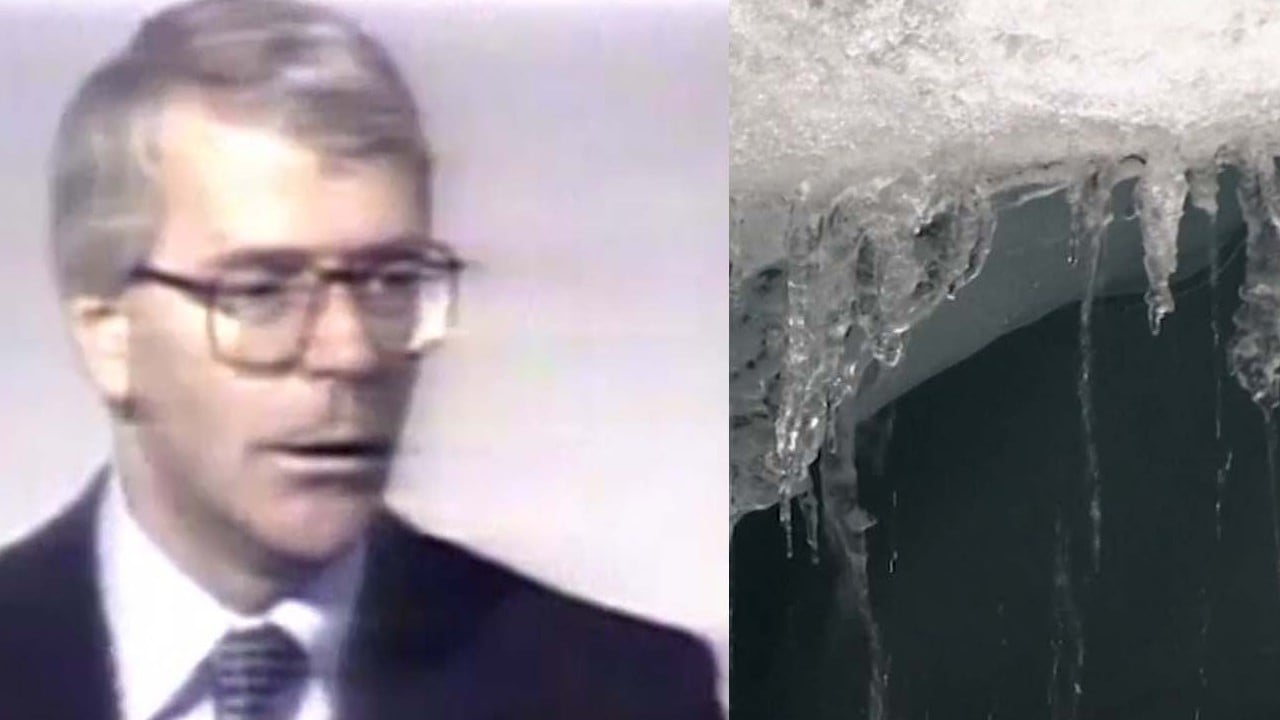
COP28: ostracising Big Oil and polluters won’t deliver action on climate change
- Excluding the oil industry from climate summits would only free polluters from responsibility, accountability and exposure to opposing views
- Instead, vulnerable nations should seize the opportunity to disrupt the fossil-fuel status quo at source
Oil executives and polluters must no longer be part of climate summits, let alone be “placed on a leadership pedestal”. That demand came from four UN Framework Convention on Climate Change (UNFCCC) constituencies and 425 organisations representing millions of people across the globe, on January 26.
It’s fair to say the involvement of Big Oil has historically led to the corruption and weakening of climate policies. But to turf out the industry altogether is also to free it from responsibility, accountability and exposure to opposing views, an option it would probably accept with delight. Thus, exclusion may not be the best approach for advancing climate action, and alternative perspectives ought to be considered – ones that look at their participation as an opportunity, rather than a threat.
The letter reads: “There is no honour in appointing a fossil-fuel executive who profits immensely off of fuelling the climate crisis”. It expressed grave disappointment that the action could be seen as acceptable in a deepening climate crisis. This “exemplifies just how insidious Big Polluters’ stranglehold over climate policy is”, it reasoned.
Such exploitation would merit a response but disbarment may not be the most appropriate. After all, lobbying was not the sole reason behind the failure to phase out fossil fuels.
Besides, excluding polluters from these conferences would also relieve them of the limited accountability they face, even if it is only once a year. This could be dangerous. Not only does it allow them to continue production however they please, it also reduces their exposure to opposing views and the realities of the climate-vulnerable world. Ostracism would only solidify the “fossil fuel bubble”.
The conundrum has led activists around the world to ask a variation of the same frustrating question: will the reign of fossil fuels ever end? Desperation, in turn, is leading to impulsive responses – the letter being one of them.
Climate agents must pause and reassess the situation – there is opportunity amid adversity. It is safe to assume the agenda to phase out fossil fuels will be central to COP28. Add to that the tight scrutiny the United Nations and UAE face today, and the pressure that will keep building until the last moment, and Dubai will have no choice but to deliver.
‘Way off track’: spend more to avert climate catastrophe, rich nations urged
Thus, from activism leading up to the event, to diplomacy exercised inside the negotiation rooms, 2023’s climate summit might arguably be the perfect opportunity for vulnerable countries to finally disrupt the status quo at source.
For that to happen, however, the delegations must prepare themselves to face the giants. They must sharpen their diplomacy to cut through the resistance. They must unite, align and collaborate to amplify their voices. They must own the gavel, and not let it strike till their demands are heard and acted on. They must persevere.
Remember, polluters are on the offensive, not because they have the power to do so, but because they have started to notice the inevitable: a fossil-fuel-free future. What climate activists see as a threat is simply an endangered group trying to stay the course.
Rizwan Basir, a sociologist, works as a senior technical specialist at the Climate Resourcing and Coordination Center (CRCC), based in Islamabad, Pakistan



